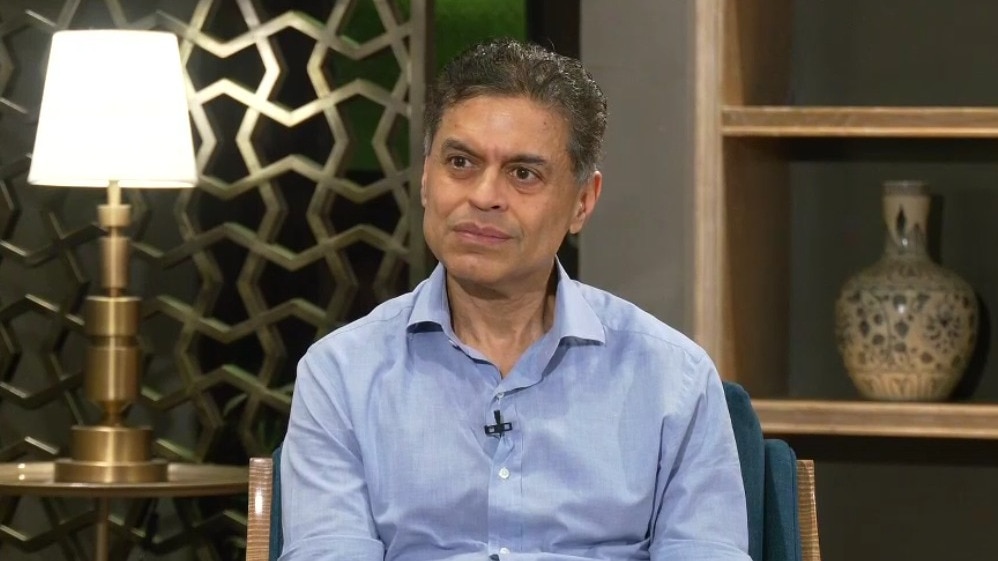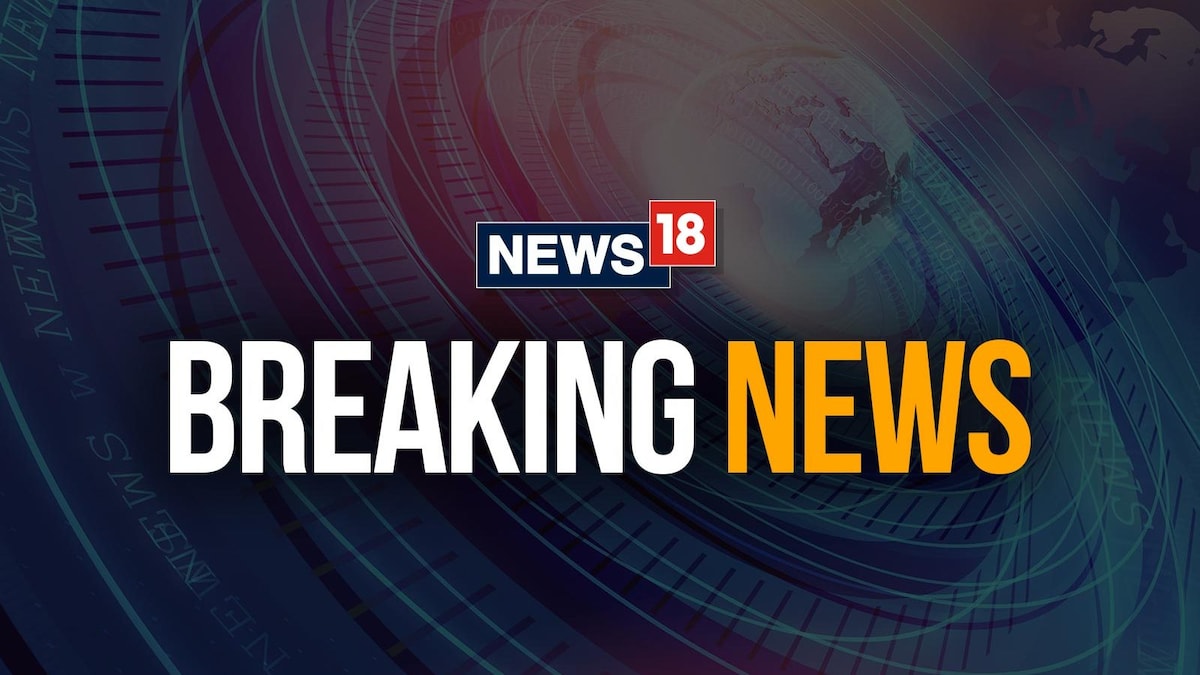Baltic sea is an active commercial shipping route, ringed by nine countries including Russia. Reminiscent of such incidents in the past in the Baltic sea, especially the destruction of the Nord Stream gas pipelines linking Russia to Germany in 2022 – seven months after Russia's full scale invasion of Ukraine, the current event has put Europe on red alert.

Amid escalation of tension between Russia and Ukraine, many Nato countries are gearing up for World War III. (Image: Getty)
European nations are blaming Russia for recent twin incidents in the Baltic sea. Two undersea fibre-optic communications cables were severed this week. One is a 218-km internet link between Lithuania and Sweden's Gotland Island, which stopped working on Sunday, November 17th. The second is a 1,200-kilometre cable connecting Helsinki to the German port of Rostock, which went out of service the next day.
Baltic sea is an active commercial shipping route, ringed by nine countries including Russia. Reminiscent of such incidents in the past in the Baltic sea, especially the destruction of the Nord Stream gas pipelines linking Russia to Germany in 2022 – seven months after Russia’s full scale invasion of Ukraine, the current event has put Europe on red alert.
Germany and Finland issued a joint statement expressing grave concern over what they term are suspicions of ‘intentional damage’. While it mentioned that Europe is threatened by Russia’s war of aggression, the statement also made reference to ‘hybrid warfare from malicious actors’. An attack on shared critical infrastructure is seen as a threat to collective security.
The companies that own the two cables – Arelion and Cinia – both said it was not yet clear what had caused the outages. But the damage is huge, and may take over a fortnight to fix.
The Swedish Prosecution Authority has started investigating the matter, and announced that ship movements corresponding with the interruption of the two lines have been picked up. A Chinese ship has been stopped on grounds of suspicion. Reports indicate that the ship was captioned by a Russian citizen.
Finland is also investigating the matter, with support from NATO’s Maritime Centre for the Security of Critical Undersea Infrastructure. Lithuania has responded with boosted surveillance of its waters.
While foreign ministers of Germany, France, Poland, Italy, Spain and the United Kingdom have denounced Russia, European Commission Vice President Josep Borrell took a more cautious approach, and argued that it was too early to point fingers.
Meanwhile, Russia has repeatedly denied any hand in the attack on infrastructure. However, European concerns may not be entirely unfounded. We’ll have to wait for the investigation results for the final verdict. But if it really is sabotage, it is likely that like the Nord Stream incident investigation last year, this may also remain inconclusive.
Published By:
indiatodayglobal
Published On:
Nov 22, 2024

 6 hours ago
6 hours ago
















